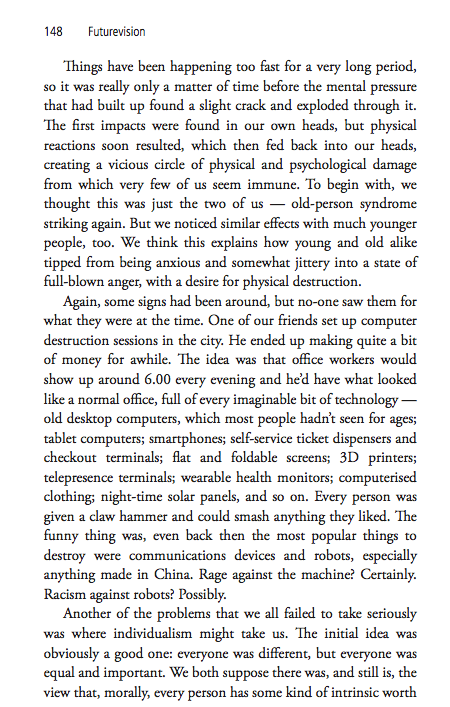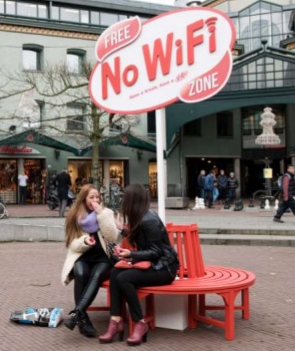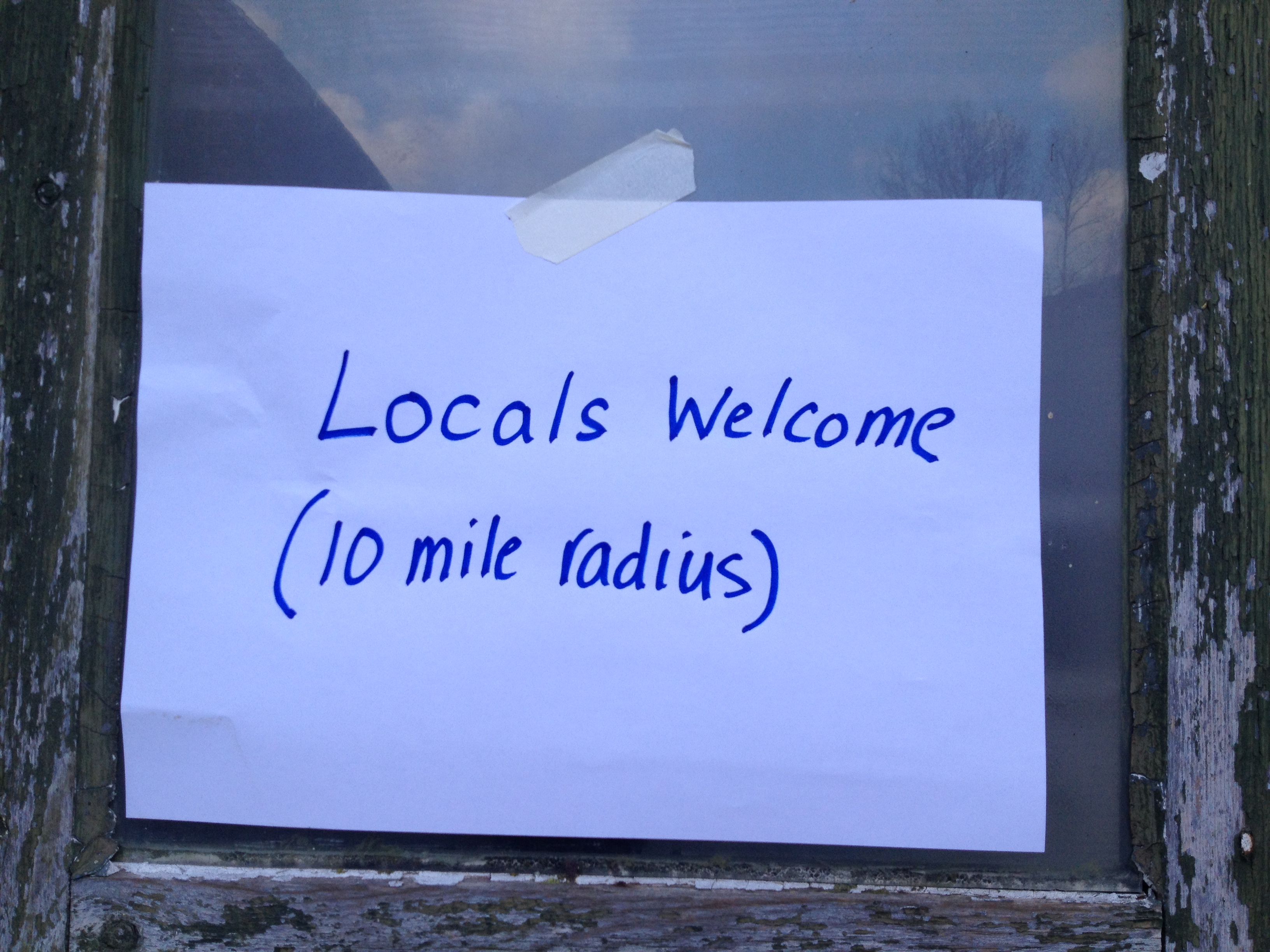Two interesting conversations last week. The first concerned generational attitudes to privacy. A friend was considering putting their home on Airbnb. His daughter (22) thought it was a great idea. His wife (40 something) was horrified. It exposed differing attitudes to not only privacy but possessions. Ownership Vs. access too. I thought it was interesting.
The second conversation was with a retailer. I had long thought that the new ‘on demand’ economy had a small glitch, which was its business model and economics. Essentially, retailers aren’t making any money on instant (same day) delivery. Customers won’t pay much more than a few pounds to have something delivered on the same day, but it costs more than this to do it. Not sustainable, unless someone can unlock value somewhere or possibly bundle the delivery cost into something else or support it with something else (ads?).






